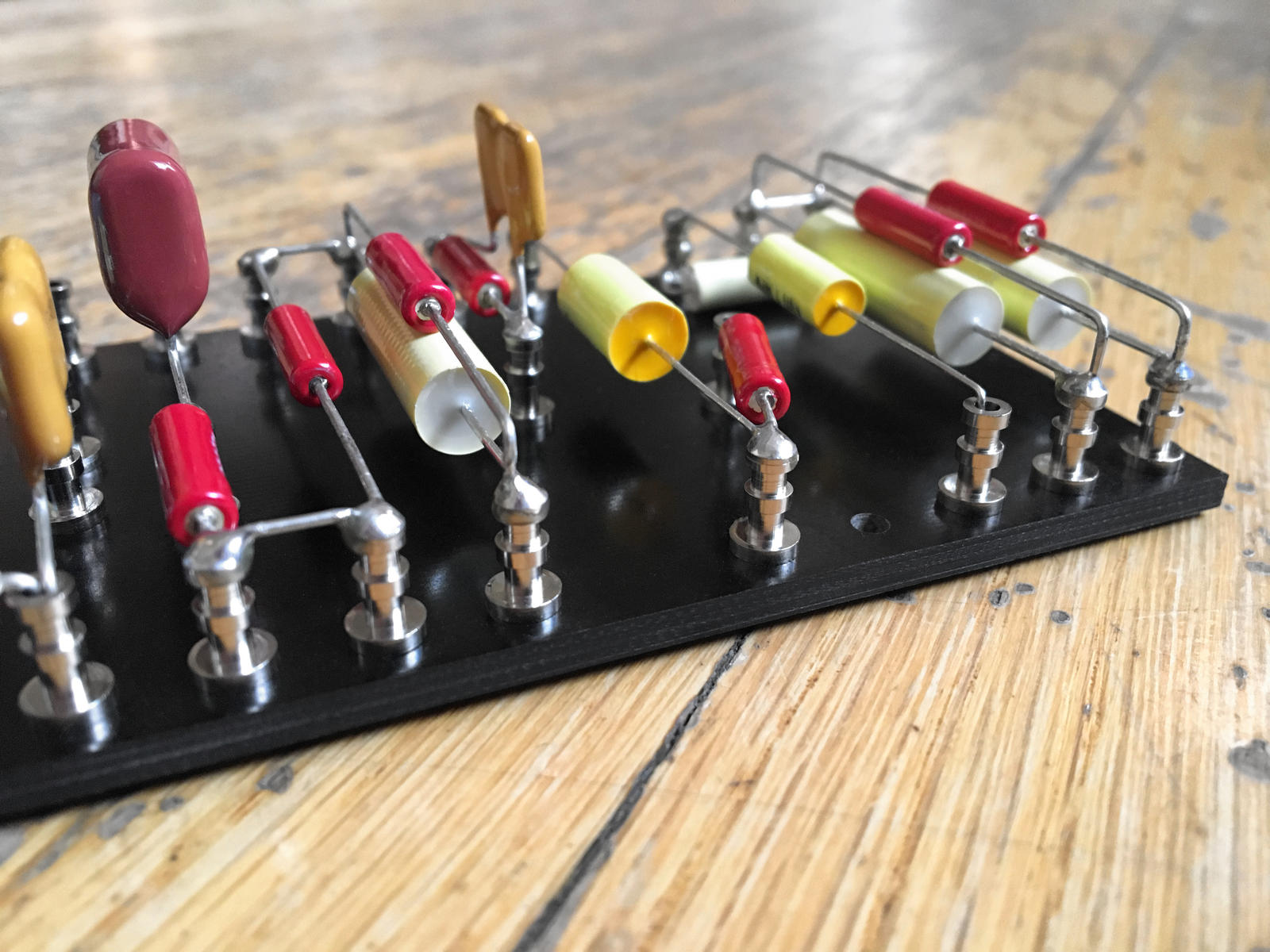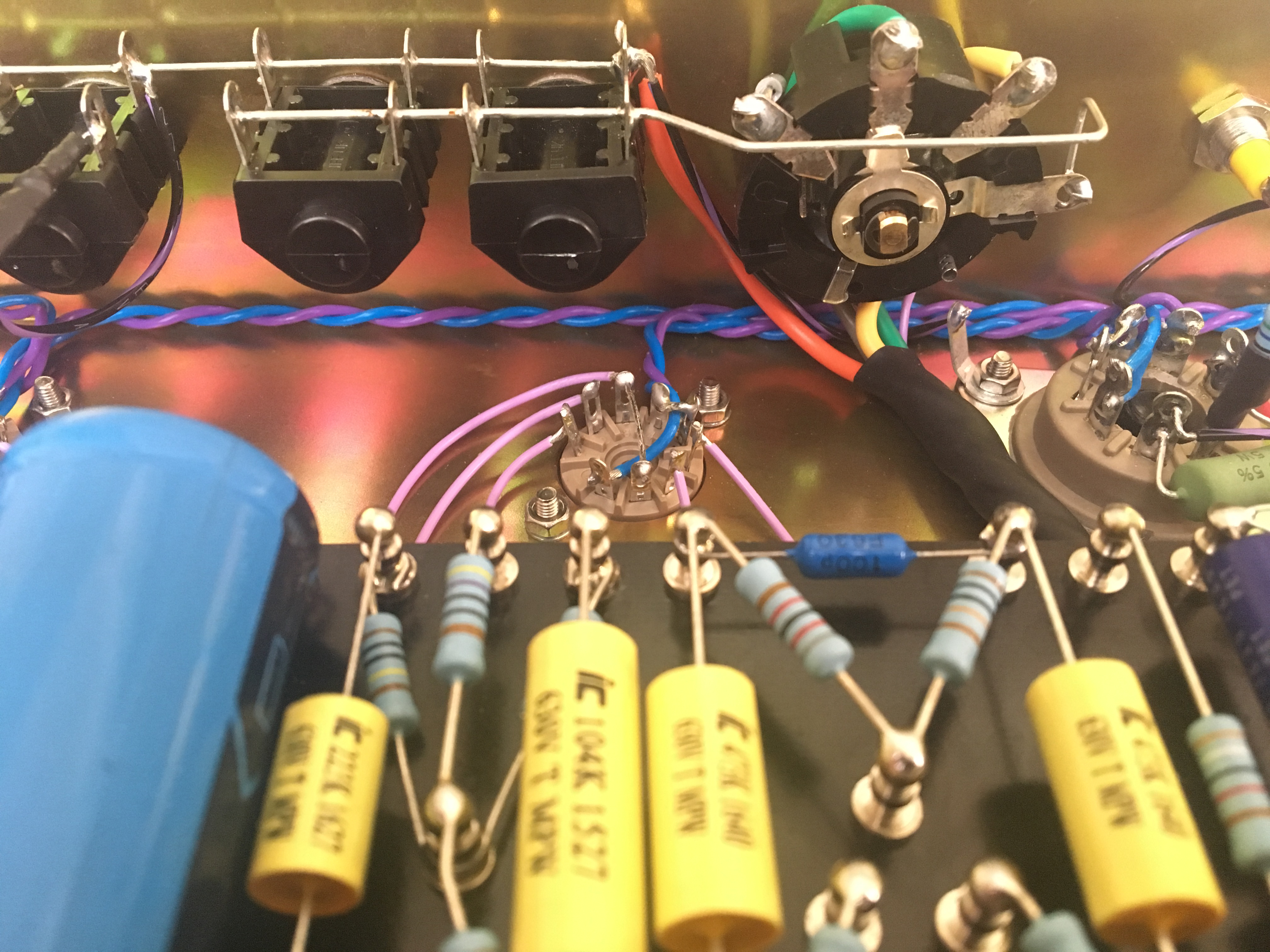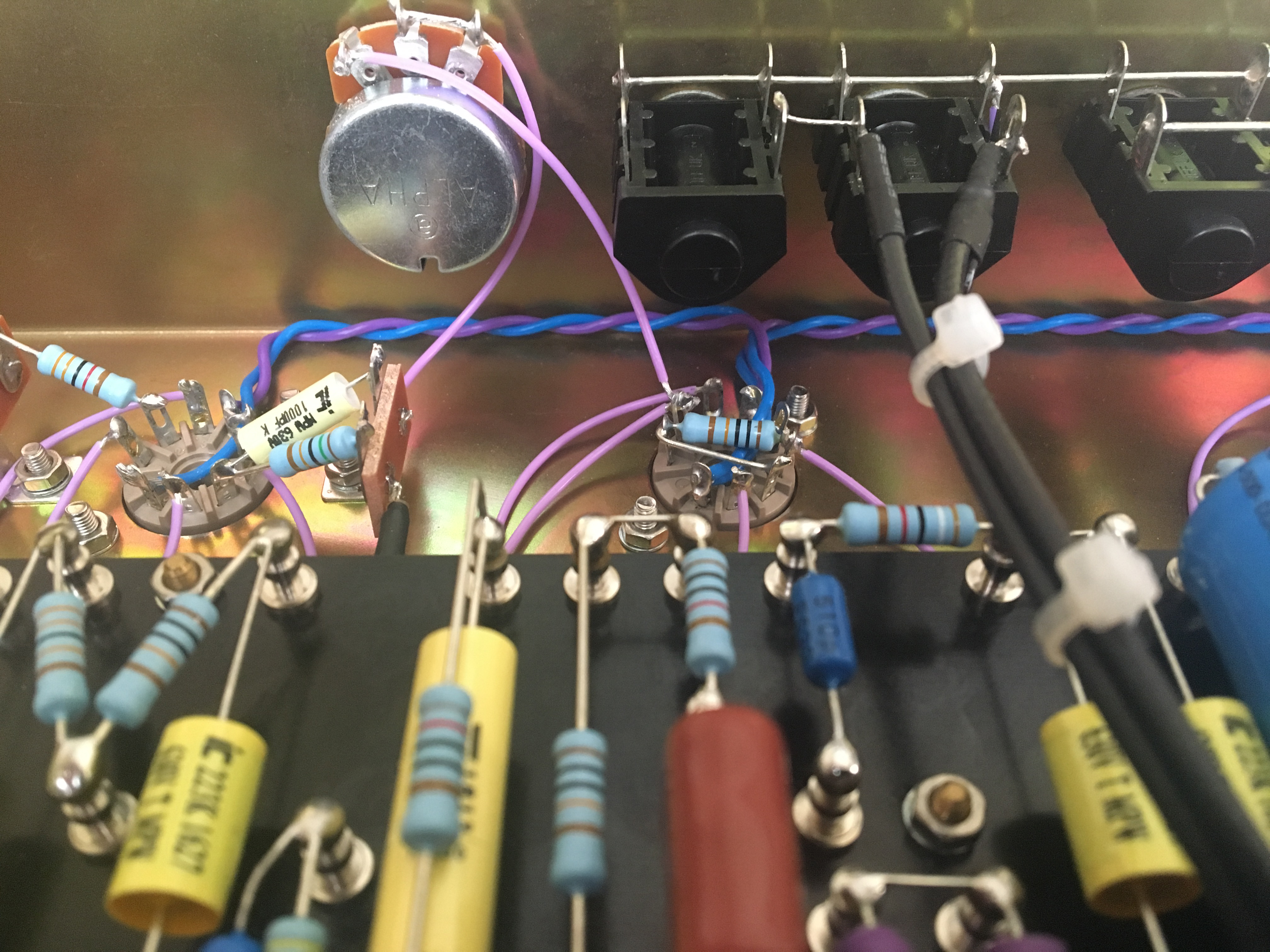That's exactly why 63/37 is better.
As the joint cools, 60/40 begins to solidify sooner, at 190C. But it enters a plastic state and doesn't fully solidify until 183C. 63/37 waits. And waits. And then boom... instantly solidifies at 183C. So it might appear as though 60/40 solidifies faster because you're seeing it start sooner. But that plastic state is an illusion. And if you disturb the joint before it fully hardens, you've got a cold one. If you timed two joints that started at the same temp to see how long it takes, they would both solidify at the same time. 60/40 would start the race sooner but they both cross the finish line at 183C.
Anyway... if you have good technique with either one, it's not a problem




